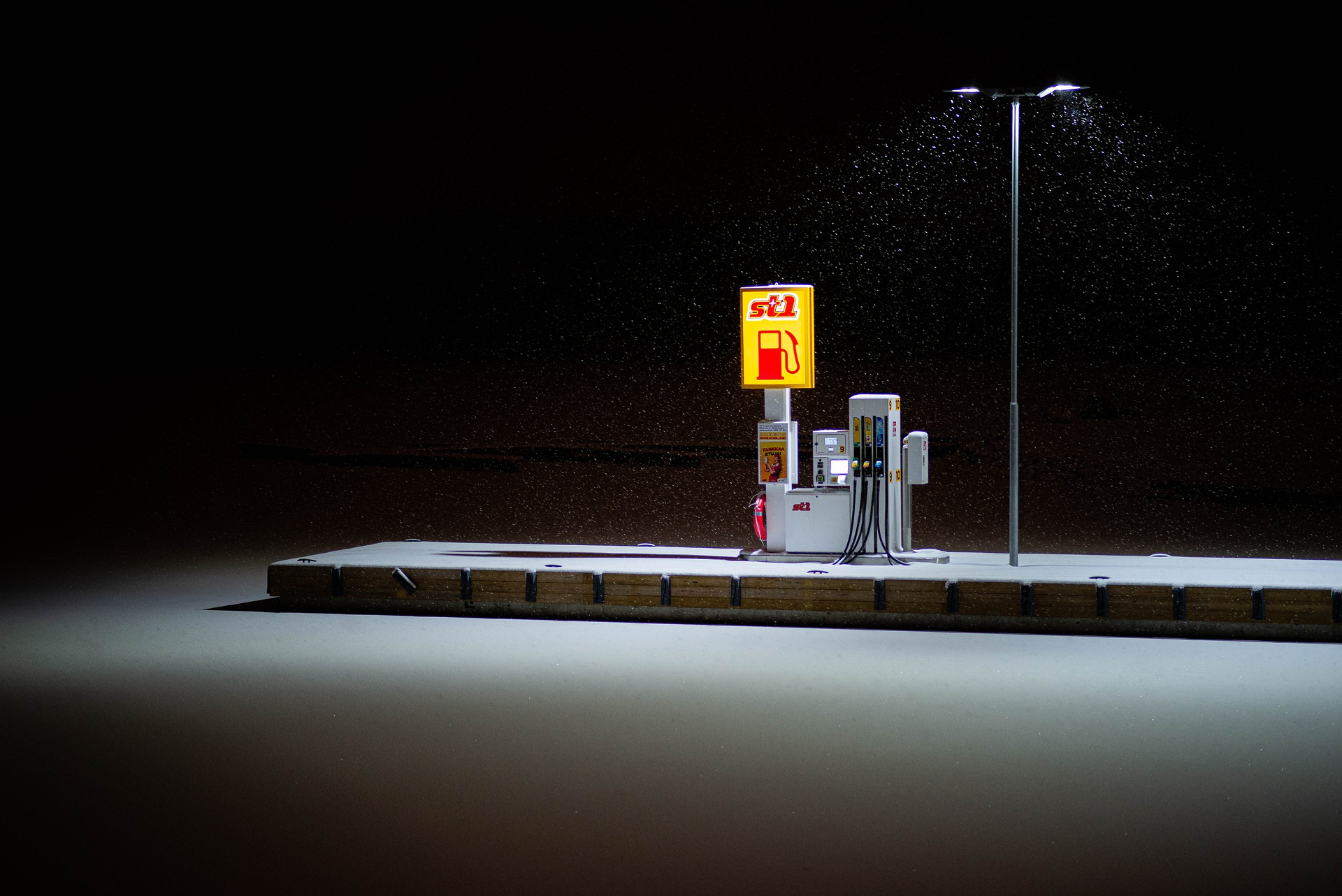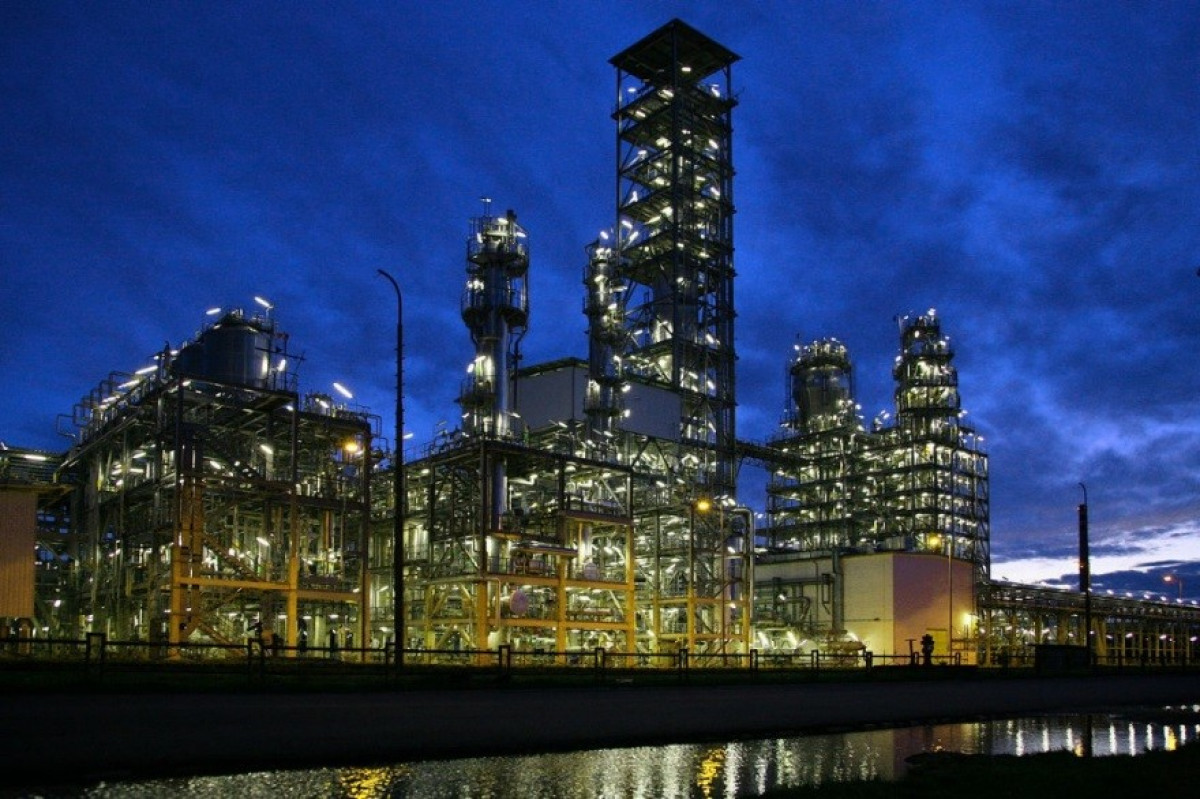
Hungary has been exempt, but there can be consequences in the longer term.Continue reading

Although there may not be a shortage of diesel since oil or oil products can arrive to Europe from four directions, it will certainly be more expensive than before, VG.hu reports in connection with the new EU sanctions that came into effect on Sunday.
The change will affect all member states, but the main difficulty will be the lack of gas oil deliveries from the sanctioned country, the economic portal points out, adding that Hungary does not buy Russian gas oil, but around 30 percent of its fuel consumption comes from abroad.
MOL, the largest domestic fuel distributor, imports the vast majority of its fuel from the Bratislava refinery. However, the refinery processes two-thirds of Russian oil and exports the same proportion of its products, but from February 5, it can only export one-third of its fuel that is produced from non-Russian oil. Although it has received some relief from the EU: it can export to the Czech Republic until the end of the year, but not to its other main markets, such as Hungary, Poland, and Austria.
Moreover, it is not clear when the refinery will be able to buy more non-Russian oil via the Adriatic pipeline. So far, there is no news of any agreement with the Croatian crude oil transportation company, Janaff.
As the Bratislava refinery can no longer ship fuel to Hungary, MOL will have to look for a new source outside the EU.
The obvious, but not so simple, solution is to increase imports from international markets, possibly through the Adriatic pipeline, the portal concludes. However, the operator Janaf is asking an extremely high price for the use of the Adriatic pipeline in Croatia, and the current transit agreement with it expires on March 31, warns VG.hu. MOL is hoping to conclude a new, but more favorable contract until the end of the year, valid retroactively from January 1.
Featured photo via molgroup.info